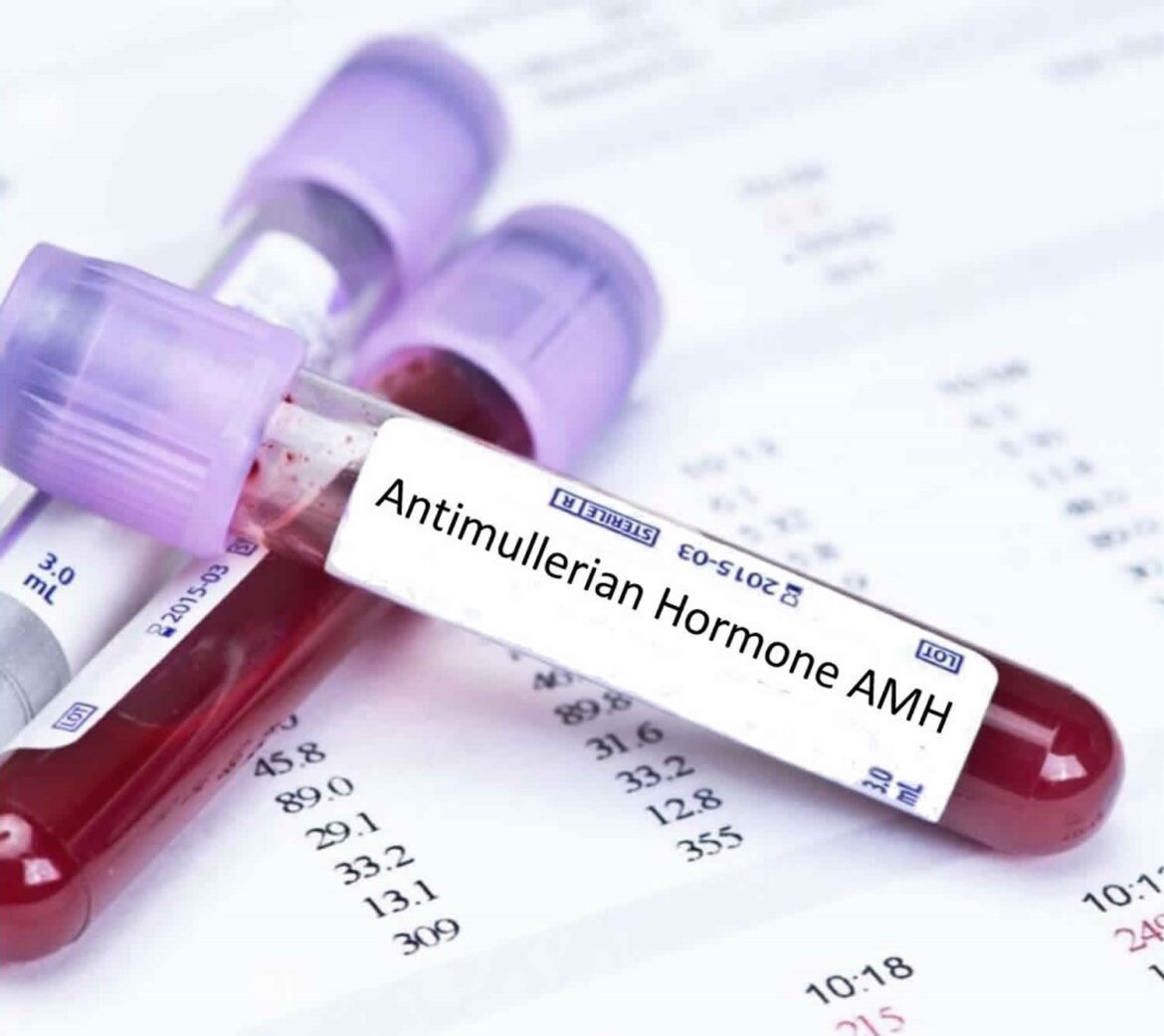When planning to start a family, getting pregnant can be an exciting and joyful experience. However, it’s important to prioritize your health and ensure that your body is ready for pregnancy. AMH blood test play a crucial role in assessing your overall health and fertility, providing valuable insights that can increase your chances of conceiving and having a healthy pregnancy. This article explores the importance of blood tests when trying to conceive.
Blood tests offer a comprehensive assessment of your hormonal balance and overall health, helping identify any underlying issues that may affect your fertility. These tests measure various factors such as hormone levels, blood cell counts, and immune system markers. They provide valuable information about your reproductive health, including ovulation patterns, egg quality, and the presence of any hormonal imbalances that may hinder conception.
The key blood tests conducted for fertility evaluation:
measuring the levels of follicle-stimulating hormone (FSH) and luteinizing hormone (LH). FSH stimulates the growth of ovarian follicles, which contain the eggs, while LH triggers ovulation. By assessing the levels of these hormones, doctors can determine if ovulation is occurring regularly and if the eggs are developing properly. Abnormal hormone levels can indicate conditions such as polycystic ovary syndrome (PCOS) or premature ovarian failure, which may affect fertility.
Measuring progesterone levels. Progesterone is a hormone that helps prepare the uterus for implantation and maintaining a healthy pregnancy. Low levels of progesterone can indicate issues with ovulation or the ability to sustain a pregnancy, while high levels may suggest the presence of certain medical conditions.
Blood tests can identify any underlying health conditions that may impact fertility, such as thyroid disorders, diabetes, or autoimmune diseases. These conditions can disrupt hormonal balance and affect the reproductive system. By identifying and treating these conditions early on, you can improve your chances of successful conception and a healthy pregnancy.
Blood tests can also help assess your overall health and nutritional status. They can measure levels of important vitamins and minerals, such as vitamin D, iron, and folate, which are essential for reproductive health. Deficiencies in these nutrients can affect fertility and increase the risk of complications during pregnancy. By identifying any deficiencies, you can take appropriate steps to optimize your nutritional intake and ensure a healthy environment for conception and pregnancy.
Blood tests are an essential part of the fertility evaluation process when trying to conceive. They provide valuable insights into hormonal balance, ovulation patterns, and overall health, helping identify any underlying issues that may affect fertility. By understanding your body’s unique needs and addressing any deficiencies or imbalances, you can increase your chances of getting pregnant and having a healthy pregnancy. If you’re planning to start a family, consult with your healthcare provider to discuss the appropriate blood tests and fertility evaluations that can help you on your journey to parenthood.




